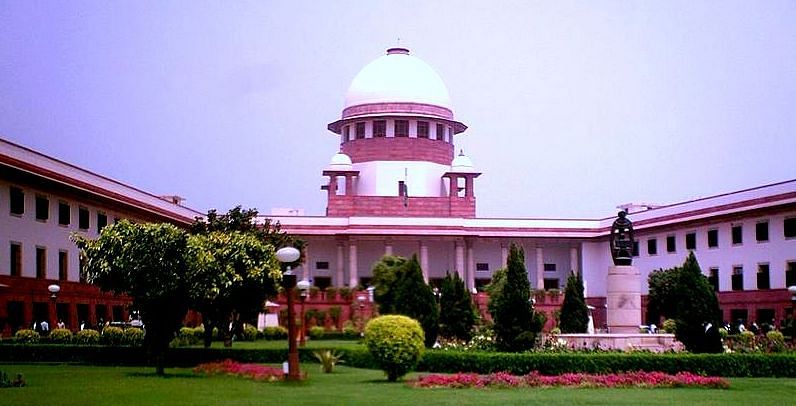In a landmark verdict, a nine-judge Constitution bench of the Supreme Court unanimously ruled Thursday that right to privacy is a fundamental right under the Constitution.
“Right to privacy is protected under Articles 21 and Part-III of the Constitution,” Chief Justice J.S. Khehar said. Article 21 protects Right to Life and Part-III is the chapter on fundamental rights guaranteed in the Constitution.
The government had argued that right to privacy is not a fundamental right.
The court also overruled two previous Constitution bench judgements delivered in 1954 and 1962 – M.P. Sharma vs Satish Chandra and Kharak Singh vs State of Uttar Pradesh, respectively. Both judgements had held that right to privacy is not protected under the Constitution.
Thursday’s ruling also confirms that about a dozen rulings of smaller benches that came in the aftermath of Kharak Singh’s case and had held that privacy is a fundamental right are valid.
The question on whether privacy is a fundamental right was referred to a nine-judge bench on 11 August 2015 in a case challenging the legal validity of Aadhaar. A smaller bench of either three or five judges will now hear the challenge to the unique identification number.
